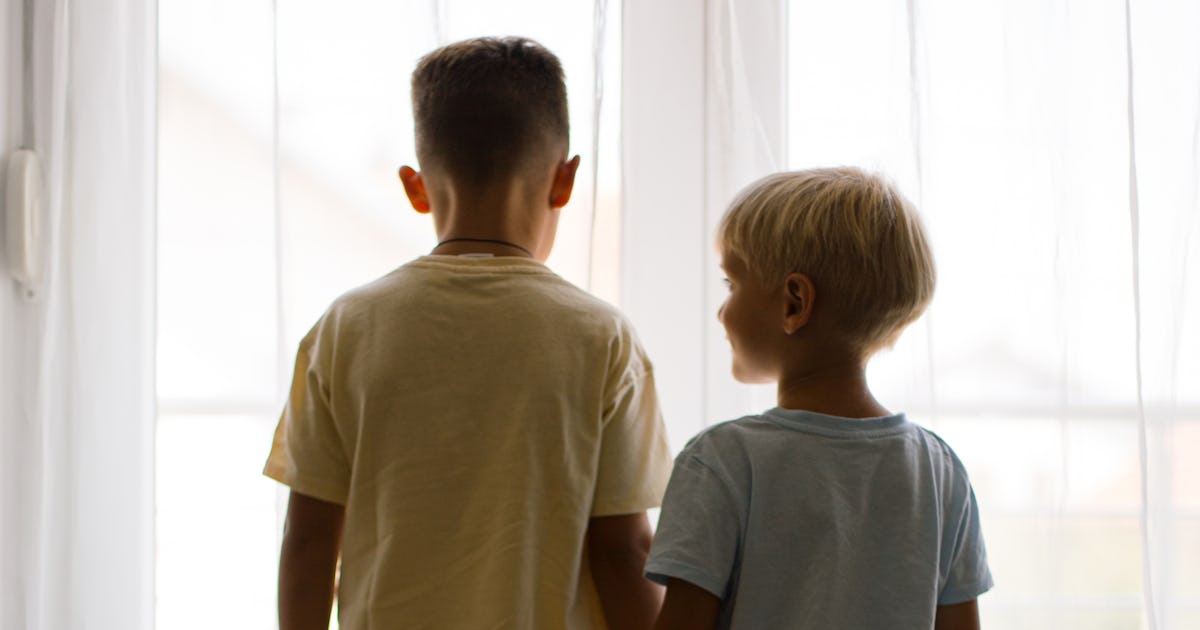Parenting
fromSilicon Canals
1 week ago8 hobbies wealthy families encourage their kids to take up that lower middle class parents never think of - Silicon Canals
Wealthy families choose specific hobbies to build networks, rare skills, confidence in elite settings, and opportunities that compound into future success.



